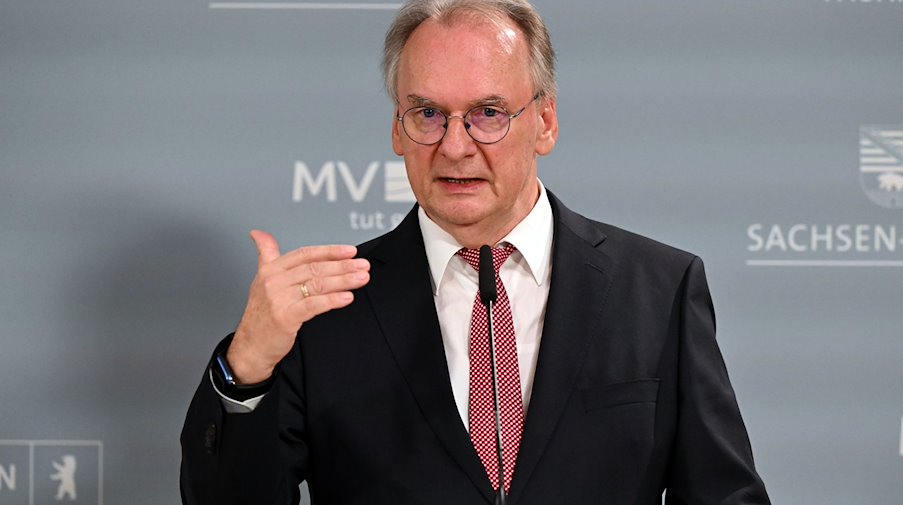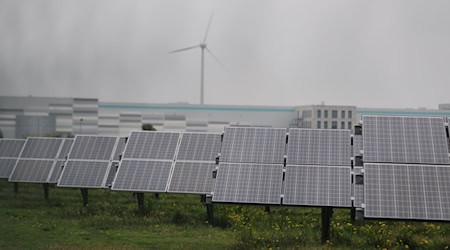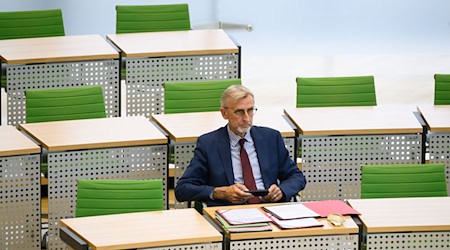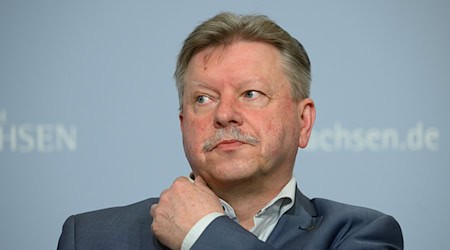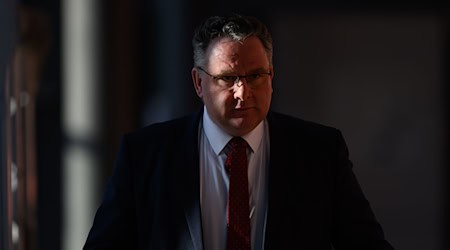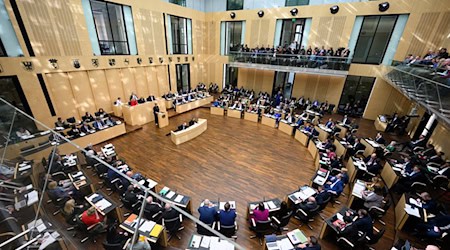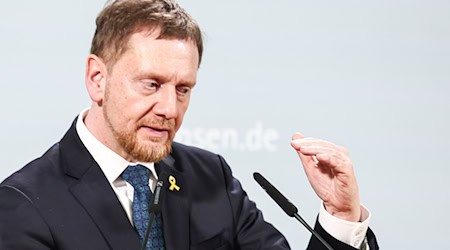The CDU Minister Presidents of Saxony-Anhalt and Saxony, Reiner Haseloff and Michael Kretschmer, are open to a reform of the debt brake. "The debt brake must remain," Haseloff told Stern magazine. "But for very important future investments in the economy, technology and science, constitutionally compliant ways must be found to realize them."
Kretschmer told the "Frankfurter Allgemeine Sonntagszeitung" that if the federal government is prepared to make real savings, the Union will support this. At the end of a joint process, there could be a pact for Germany - "and perhaps a discussion about a change to the debt brake". Such an austerity course must include not increasing social spending any further.
The debt brake enshrined in the Basic Law only gives the federal government limited scope for borrowing. Exceptions are permitted in the event of natural disasters and extraordinary emergencies, such as the recent coronavirus pandemic and the war in Ukraine.
A reform of the debt brake is not currently on the agenda for the traffic light federal government. "It is not on the agenda at the moment," said government spokesperson Steffen Hebestreit in Berlin on Friday.
There were different positions on the debt brake within the coalition at federal level following the budget ruling by the Federal Constitutional Court. Federal Finance Minister Christian Lindner (FDP) clearly rejected a relaxation, while the Greens and SPD want to discuss the future of the debt brake. The parliamentary secretary of the CDU/CSU parliamentary group, Thorsten Frei, spoke out against changing the debt brake.
The background to this is the Karlsruhe budget ruling on money that had been approved as a coronavirus loan but was subsequently to be used for climate protection and modernizing the economy. At the same time, the judges ruled that the state may not reserve emergency loans for later years. Further billions of euros for future projects are therefore at risk.
Copyright 2023, dpa (www.dpa.de). All rights reserved

